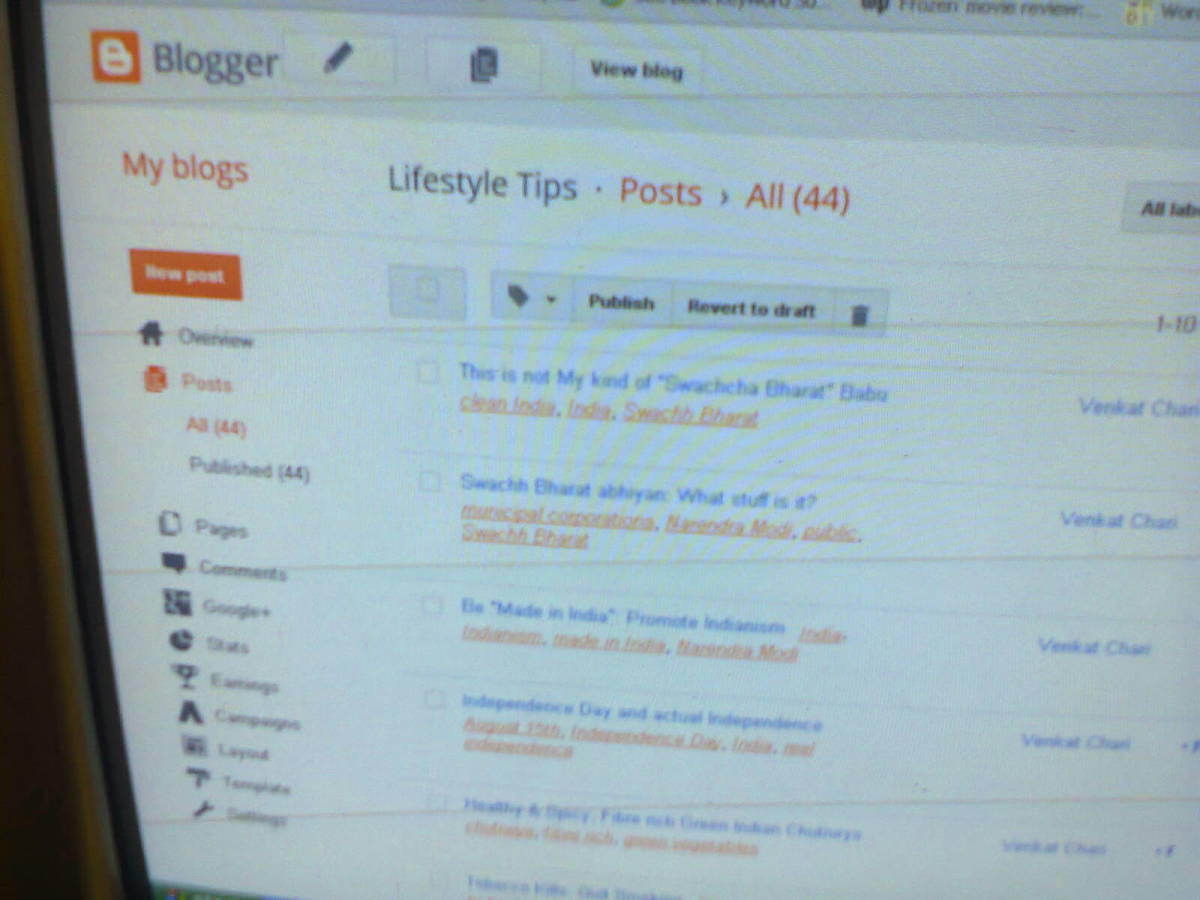Federal Trade Commission Will Regulate Blogging
For most of us hubbers this just won't apply. But many of us, myself included, have other blogs. So I'm not writing this for hubpages in particular, but for all us bloggers in general.

Regulations Hit the Blogsphere
For the first time The Federal Trade Commission (FTC) will regulate blogging. New rules will require writers on the web to disclose any free products or payments for product reviews.
Today, Monday, October 5, 2009, the FTC voted four to zero (4-0) to approve the final Web guidelines. These guidelines have been expected since November 2008. The rules are expected to take effect on December 1, 2009.
Violating disclosure rules could result in an eleven thousand dollar ($11,000) fine per violation. Bloggers and/or advertisers could face injunctions and be forced to reimburse customers for any financial losses resulting from faulty products touted in those reviews.
The commission stopped short of specifying how bloggers must disclose conflicts of interest. Rich Cleland, assistant director of the FTC's advertising practices division, said the disclosure must be "clear and conspicuous," no matter what form it will take.
Vague Disclosure Rules & Unanswered Questions
Before the November decision, blogs varied in disclosing information about paid endorsements or gratuities. Some bloggers made mention of potential conflicts of interest at the end of a product endorsement while some made no mention at all.
Because of fears from some bloggers about "too close scrutiny", the FTC has stated that it is more likely to go after an advertiser instead of the blogger for any violations. The only exception would be a blogger who runs a substantial operation that violates FTC rules. Such an operation will receive a warning first.
There are problems with these statements though. What does "likely" mean and what does the FTC consider "substantial?"
Rich Cleland, assistant director of the FTC's advertising practices division said that any disclosure must be "clear and conspicuous", but did not supply any other specifics.
Bloggers have long praised or bashed products and services online. But what some consumers might not know is that many companies pay reviewers for their write-ups. Then there's the gratuity such as free goods, services, or both. By contrast, traditional journalists must return products borrowed for reviews.
Though existing FTC rules ban deceptive and unfair business practices, final guidelines aimed at clarifying the law for bloggers have yet to be released.
Cleland went on to state that a blogger who receives a free product without the advertiser knowing would not be in violation of FTC guidelines. As an example, someone who got a free bag or can of cat food as part of a promotion from a pet-shop would not be in violation for writing about the product. In other words if the free product trial was part of a wide promotion and the manufacturer did not contact the blogger directly no violation would occur.
None of this addresses the more complex mechanism of cost per click such as those paid by Google adwords, though that likely will not apply.
FTC Quote
A quote directly from the FTC web-site states:
"the revised Guides specify that while decisions will be reached on a case-by-case basis, the post of a blogger who receives cash or in-kind payment to review a product is considered an endorsement. Thus, bloggers who make an endorsement must disclose the material connections they share with the seller of the product or service."
FTC Link to Announcement
- FTC Publishes Final Guides Governing Endorsements, Testimonials
October 5, 2009. The Federal Trade Commission today announced that it has approved final revisions to the guidance it gives to advertisers on how to keep their endorsement and testimonial ads in line with the FTC Act.
Disclaimer
The Federal Trade Commission (FTC) has not paid me nor given me a "get out of jail free" card for writing this hub about this recent ruling. My reporting on this topic is in no way subsidized nor approved by the FTC.
I wrote it without the FTCs permission. I own no stock in (though some part of my taxes pay for it) the FTC nor did the FTC make any offer toward me either monetarily or with "freebies" for writing this hub.








